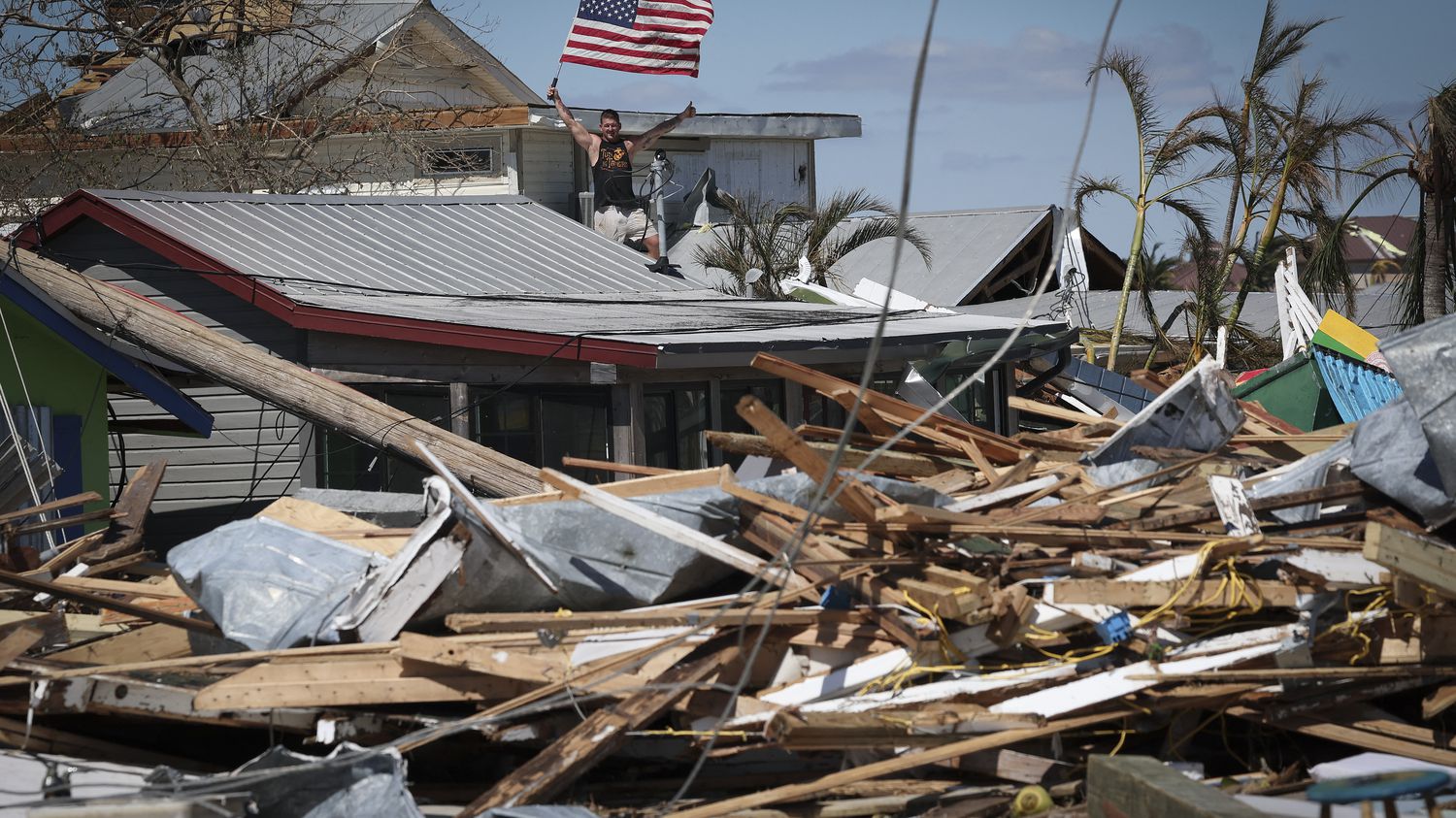Two days after the end of Hurricane Ian’s passage over the State of Florida (United States), the water has not yet receded, but it is time to take stock. Floods and high winds killed at least 23 people, Florida authorities announced on Friday (September 30).
Most of those victims drowned, and a large majority were elderly, authorities said. Particularly affected, the county of Lee, in the south-west of the peninsula, concentrates 16 of the deaths recorded.
Authorities said they expect the death toll to continue to rise. The search continues in particular to find 17 passengers of a migrant boat which capsized on Wednesday near the archipelago of the Keys.
Floods in South Carolina
In addition to this human toll, material damage qualified as“historical” by the Governor of Florida, Ron DeSantis, which could cost the American economy tens of billions of dollars. As of Saturday morning, 1.3 million homes remained without power in Florida, according to the specialized site PowerOutages (in English).
On Friday afternoon, Ian made landfall in a second US state, South Carolina. Falling back to category 1 on a scale of 5, the hurricane was accompanied by winds of up to 140 km / h and caused flooding in this state as well as in North Carolina. It was not known on Saturday morning whether he had caused any casualties in this area. Once again a simple storm, Ian should weaken and dissipate during Saturday, according to the American Hurricane Center.
Before Florida, Ian had also hit Cuba, killing three people and causing extensive damage. Many homes are still without electricity.
According to a first rapid study by American scientists made public on Friday, the rains linked to Hurricane Ian have increased by at least 10% due to climate change. “Climate change didn’t cause the hurricane, but it made it wetter,” explained Michael Wehner, one of the scientists who participated in this study.
